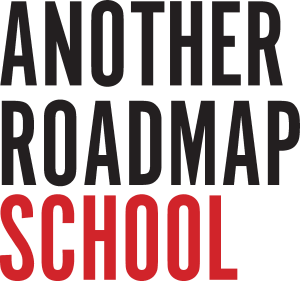Critical pedagogy, aiming for learning as liberation and an interrogation of societal structures, is a common reference point for engaged art educators. This path invites you to engage with a range of historical references of critical pedagogies and their relevance in current practices. The learning units, beyond introducing historical and contemporary concepts, aim to discuss the tensions and contradictions that become visible in critical pedagogy from different geopolitical perspectives. The Geneva, Zurich and Bogotá Learning Units are dedicated to the legacy of Paulo Freire. What does Freire mean for art educators today? And how does his work with images in literacy campaigns relate to critical arts education? The engagement with Freire’s concepts also means their interrogation. The Learning Unit by Quito and Cuernavaca working groups points to the often unquestioned epistemological foundation of concepts of “liberation” and “emancipation” in European enlightenment rationality. How does this foundation impact on critical pedagogical practice that draws on indigenous epistemologies in the Andes? In the research, we also asked: which historical references of critical pedagogies are silenced by focussing on such prominent (white, male) figures such as Paulo Freire? The Johannesburg working group re-engages the legacy of the Medu Art Ensemble, the Geneva Learning Unit points to the work of Elza Freire, the Berlin Learning Unit focuses on critical pedagogies in Germany in the 1970ies and in the London Learning Unit the Black Arts Movement and educational engagements are the historical reference points to learn from.
by Nora Landkammer
FOLLOW THIS PATH

